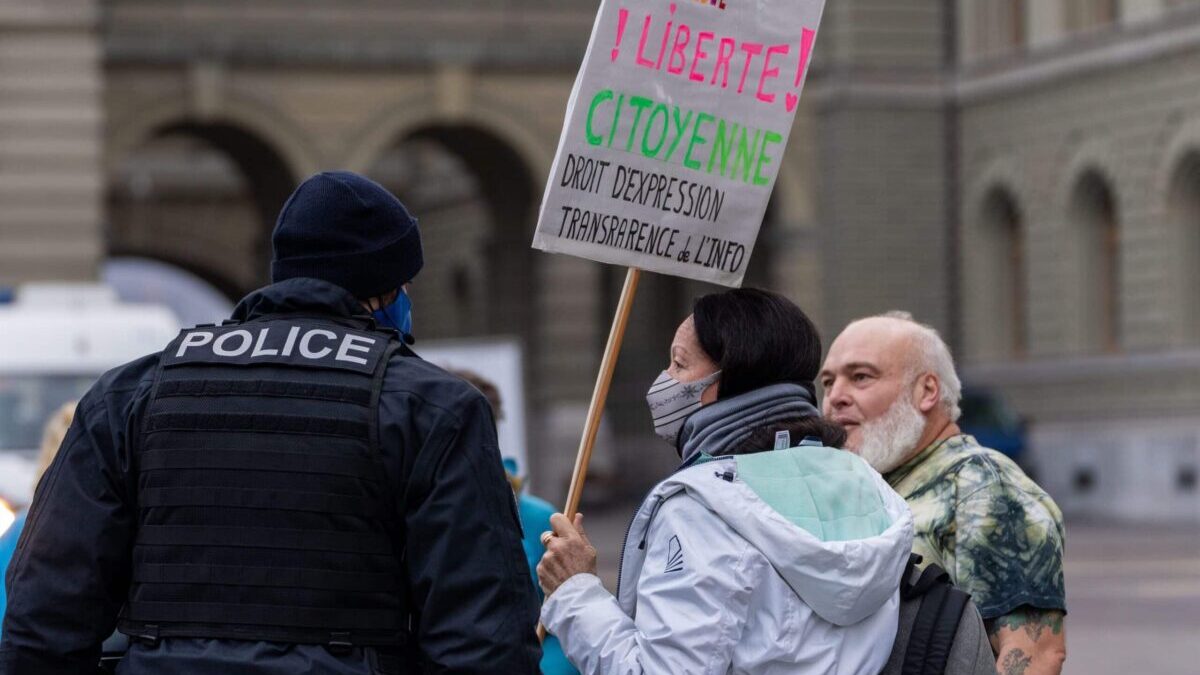By Carlos Esteban*
The collapse of the official narrative continues its slow course.
Slow because doing it suddenly could have electoral and even criminal consequences.
For now, we see how the vaccines against Covid have gone from being the ‘balm of Fierabrás’, the perfect panacea that became mandatory to live a half-normal life, to being ignored, now, in some parts, not even recommended.

As in Switzerland.
Swiss authorities have stopped recommending vaccination against Covid-19, even for people designated at high risk of contracting the disease.
The Swiss Federal Office of Public Health says that “vaccination against COVID-19 is not recommended for spring/summer 2023.”
Nor is it recommended that people designated as high-risk be vaccinated against the coronavirus.
Naturally, the Swiss rulers will not (yet) put the slightest damper on the product, blaming the change on the fact that enough Swiss people have already been administered inoculation or have passed the disease and thus enjoy natural immunity against the virus.
“Almost everyone in Switzerland has been vaccinated or has contracted Covid-19.”
Therefore, their immune system has been exposed to the coronavirus.
“In the spring/summer of 2023, the virus will likely circulate less.”
“The current variants of the virus also cause mild disease,” says the Swiss Ministry of Health note.
Seroprevalence data from mid-2022 showed that more than 98% of the Swiss population had antibodies to the virus, indicating that people had immunity from a previous infection, vaccination, or both.
The Omicron variant, which began circulating worldwide in late 2021, causes fewer severe cases than its predecessor, Delta.
In addition, available vaccines have had worsening efficacy against Omicron and its subvariants, providing little or even negative protection against infection and rapidly decreasing protection against severe disease.
Swiss authorities gave the nod to the short-lived protection.
They noted that designated high-risk individuals can still receive a vaccine, despite the lack of recommendation, after consulting with their physician.
“Vaccination may be advisable in individual cases, as it enhances protection against the development of severe Covid-19 for several months,” they say.
People at high risk include people over 65 and pregnant women.
*58, fifteen years at the leading business newspaper EXPANSIÓN, then part of the Recoletos Group, the last three years as head of Interactive Services on the newspaper’s website. Then in Intereconomía, where he founded the Catholic weekly ALBA, he wrote the opinion in ÉPOCA, where I also covered the International section, for which he was responsible when La Gaceta was born (as a generalist newspaper). Currently, he works as a freelance, collaborating with different media.
With information from LGI

